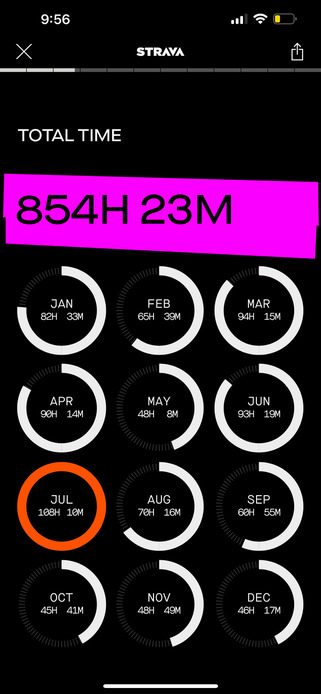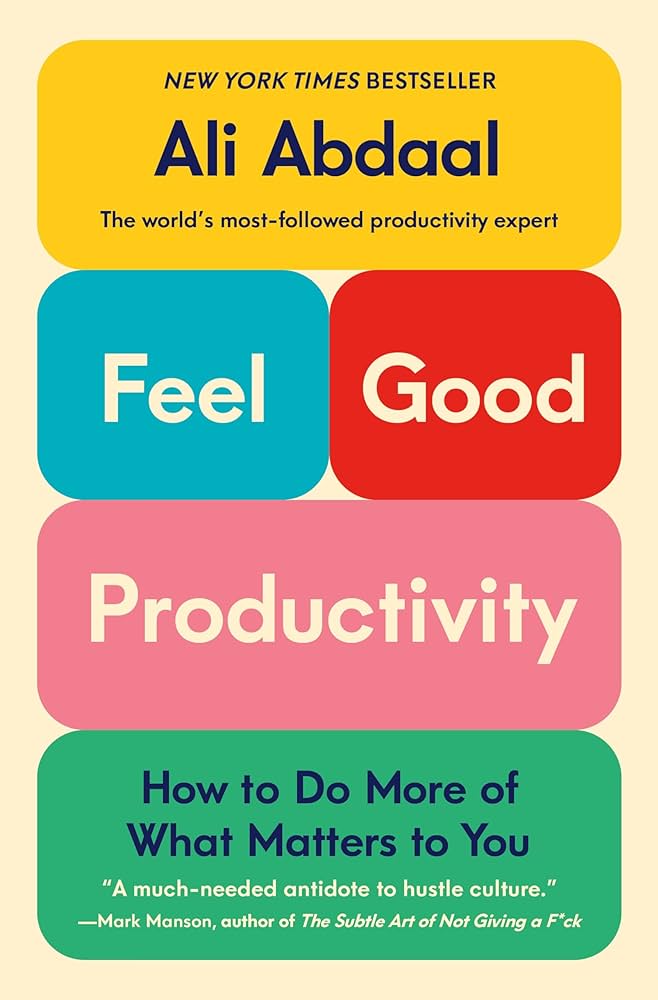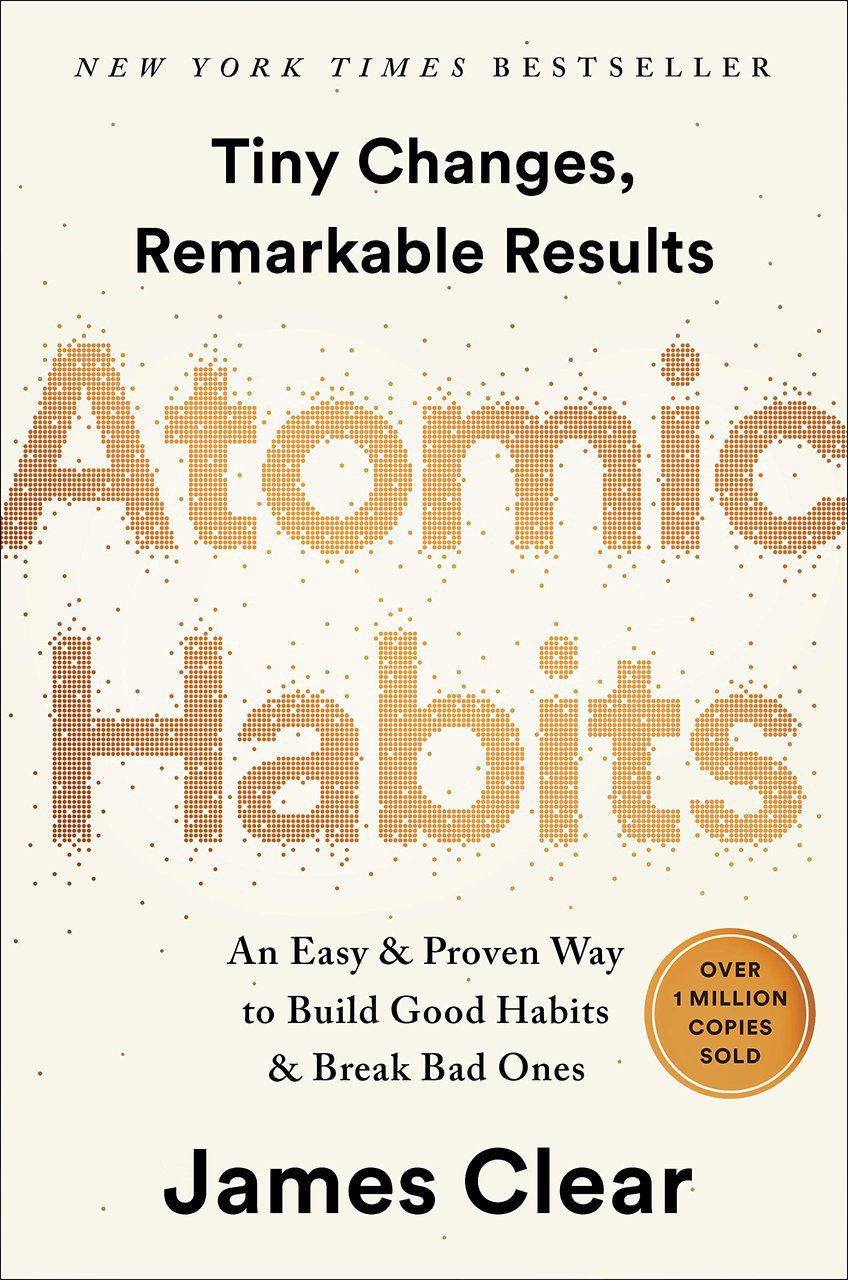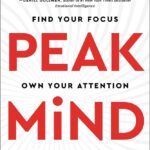Implementation Intentions is a plan you make beforehand about when and where to act. That is, how you intend to implement a particular habit.
Implementation Intentions is a self-regulatory strategy popularized by psychologist Peter Gollwitzer in his 1999 research paper: Implementation intentions: Strong effects of Simple Plans 1 Gollwitzer observed when that people encounter problems in translating their goals into action (e.g., failing to get started, becoming distracted, or falling into bad habits), they may strategically call on automatic processes in an attempt to secure goal attainment. This can be achieved by plans in the form of implementation intentions that link anticipated critical situations to goal-directed responses (“Whenever situation x arises, I will initiate the goal-directed response y!”). Implementation intentions delegate the control of goal-directed responses to anticipated situational cues, which (when actually encountered) elicit these responses automatically.
The Implementation Intentions: My Personal Experience.
The Implementation Intentions have been pivotal in my ability to stay self-disciplined and execute most of my goals. It has helped me read more books (100/year), finish multiple full marathons (15 in the past two years), meditate daily (774 streaks as of this morning), and have a daily exercise regimen, among others. The Implementation Intentions formula is “If X happens, then I will Y.’

“If X happens, then I will Y.’
Here is how I implement the strategy:
- When I wake up, brush teeth.
- After brushing my teeth, I meditate using the Calm App for at least 20 minutes.
- Read a non-fiction book for at least one hour.
- While commuting to work (cafe or library), I read a book on my Kindle or listen to an audiobook/podcast.
- After Work, Go to the gym to exercise while listening to an audiobook.


Implementation intentions 2, have been the research focus of Peter Gollwitzer, a psychology professor at New York University. They offer a method that builds moments for your new behaviour into your daily routine, just like the cues in that Boston study. If you decide beforehand when you’re going to do something, you’re much more likely to do it.
According to Gollwitzer, the best formula for implementation intentions is a conditional statement: ‘If X happens, then I will Y.’
If you want to practise mindfulness but aren’t sure how to fit this practice into your schedule, create a trigger: ‘When I get up for my regular midday cup of tea today, I will take five deep breaths before walking to the staff kitchen. If you want to turn your one-off act of eating fruit into a long-term behaviour change, create a trigger: ‘When I walk into the kitchen, I will eat an apple.’ If you want to spend more time with your family in the long term, create a trigger: ‘When I get home from work, I will call my mum.”
These little triggers can have a remarkable effect. In 2006, Gollwitzer co-wrote a meta-analysis involving more than 8,000 participants in ninety-four different studies, showing that these ‘if … then…’ prompts fundamentally alter people’s long-term behaviour. It concluded that when we intentionally set an ‘if … then…’ statement for ourselves to follow, we’re strengthening our mental representation of the situation in” advance.
When the trigger happens, it’s hard to overlook it. You’ve already made it part of the mental model you use to navigate a situation.

Implementation Intentions is a plan you make beforehand about when and where to act. That is, how you intend to implement a particular habit. The cues that can trigger a habit come in a wide range of forms—the feel of your phone buzzing in your pocket, the smell of chocolate chip cookies, the sound of ambulance sirens—but the two most common cues are time and location. Implementation intentions leverage both of these cues.
Hundreds of studies have shown that implementation intentions 3 are effective for sticking to our goals, whether it’s writing down the exact time and date of when you will get a flu shot or recording the time of your colonoscopy appointment. They increase the odds that people will stick with habits like recycling, studying, going to sleep early, and stopping smoking.
People who make a specific plan for when and where they will perform a new habit are more likely to follow through.
Too many people try to change their habits without these basic details figured out. We tell ourselves, “I’m going to eat healthier” or “I’m going to write more,” but we never say when and where these habits are going to happen. We leave it up to chance and hope that we will “just remember to do it” or feel motivated at the right time. An implementation intention sweeps away foggy notions like “I want to work out more” or “I want to be more productive” or “I should vote” and transforms them into a concrete plan of action.
Implementation Intentions is a plan you make beforehand about when and where to act. That is, how you intend to implement a particular habit.
Meditations
Daily Calm with Tamara Levitt – Nurturing
Early in life, we rely on others to nurture us. When we were tiny and fragile, grownups gather around and held us, rocked us to sleep. As we get older, we often can’t rely on others to offer nurturing; which is why it is important to learn to nurture ourselves. The art of meditation is an act of self-nurturing. Each time we seat and turn inward, we turn to ourself; offering kindness and compassion that we don’t often receive from the world around us.
Be softer with you. you are a breathing thing. a memory to someone. a home to a life. – Nayyirah Waheed
Daily Jay with Jay Shetty – Your Inherent Value
Often when we endure tough times which inevitably we all do. We often think that the struggle or failure decreases our value. While it is natural to feel this emotions during trying times, they don’t have to define you.
Daily Trip with Jeff Warren – Shifting Traits
Meditation is a long term training in developing certain trait of mind and heart. The more we repeat them, the more they strengthen and sip out into the rest of our lives. The shifting of these traits is never perfect, it is not even linear. Over time we get to find out that we are a little bit more aware, more focused, available to the world around us. Bit by bit our subtle changes of state become dependable changes of trait.
Podcast
- Super Soul Special: Dr. Mukwege: The Power of Women | Oprah’s Super Soul
All the best in your quest to get better. Don’t Settle: Live with Passion.



Comments are closed.